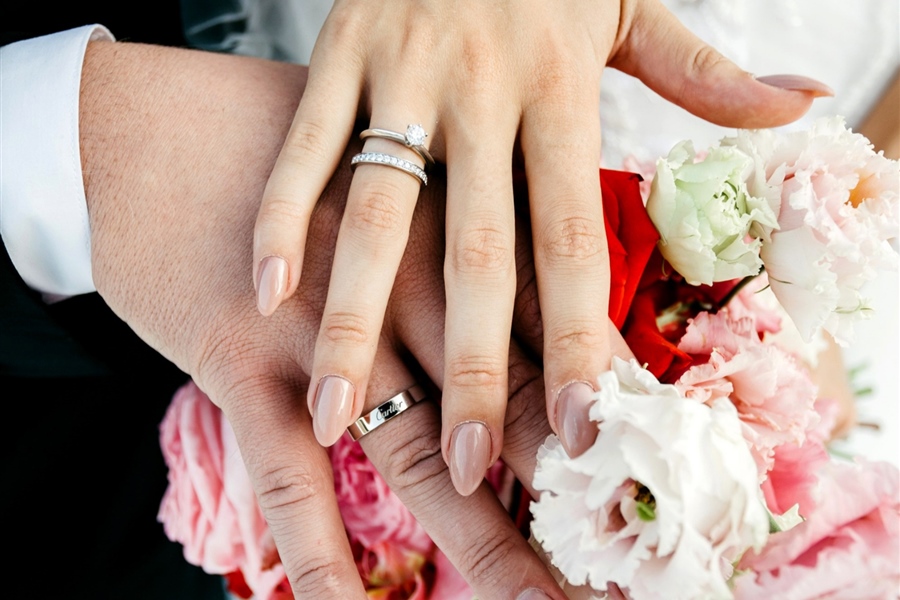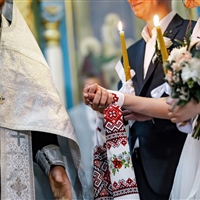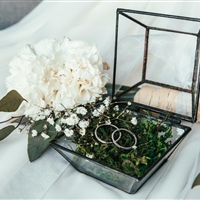
Choosing the right person to officiate your wedding is a deeply personal decision that reflects your values, beliefs, and vision for your special day. Whether you're drawn to a traditional religious ceremony or prefer a more personalised civil approach, understanding the nuances between religious and civil marriage celebrants can help you make an informed choice.
⛪ Religious Marriage Celebrants
Religious marriage celebrants are typically ordained ministers, priests, rabbis, or other religious leaders who perform ceremonies within a specific faith tradition. These officiants bring:
Spiritual Significance: A ceremony deeply rooted in religious teachings and traditions
Cultural Continuity: Honouring family and community religious practices
Personalised Religious Rituals: Customised elements that reflect your specific religious background
Pros of Religious Celebrants
- Meaningful spiritual context
- Familiar ritual and structure
- Strong connection to religious community
- Often include traditional prayers and blessings
Cons of Religious Celebrants
- Less flexibility in ceremony structure
- May have strict requirements for participants
- Potential limitations for interfaith or non-traditional couples
💍 Civil Marriage Celebrants
Civil marriage celebrants offer a secular, personalised approach to wedding ceremonies. These professional officiants are legally authorised to solemnise marriages without religious affiliation. They provide:
Personalisation: Completely customisable ceremonies
Flexibility: Freedom to design a unique celebration
Inclusive Approach: Welcoming to couples from all backgrounds
Pros of Civil Celebrants
- Complete creative control over ceremony
- No religious restrictions
- Can incorporate personal stories and unique elements
- Suitable for interfaith, multicultural, or non-religious couples
Cons of Civil Celebrants
- Lack of inherent spiritual framework
- May feel less traditional for some families
- Requires more personal input in ceremony design
Key Considerations When Choosing
1. Personal Beliefs: Reflect on your spiritual and cultural values
2. Family Expectations: Consider family traditions and preferences
3. Ceremony Style: Decide between traditional religious or personalised secular approaches
4. Legal Requirements: Ensure your chosen celebrant is legally authorised to perform marriages
Making Your Decision
Ultimately, the right choice depends on your personal preferences, cultural background, and vision for your wedding day. Don’t be afraid to:
- Discuss options with your partner
- Meet with potential celebrants
- Ask detailed questions about their approach
- Trust your instincts
Conclusion
Whether you choose a religious or civil marriage celebrant, remember that the most important aspect is celebrating your love and commitment. The right officiant will help you create a memorable, meaningful ceremony that reflects your unique relationship.
Find the right Celebrant for you right HERE💍



